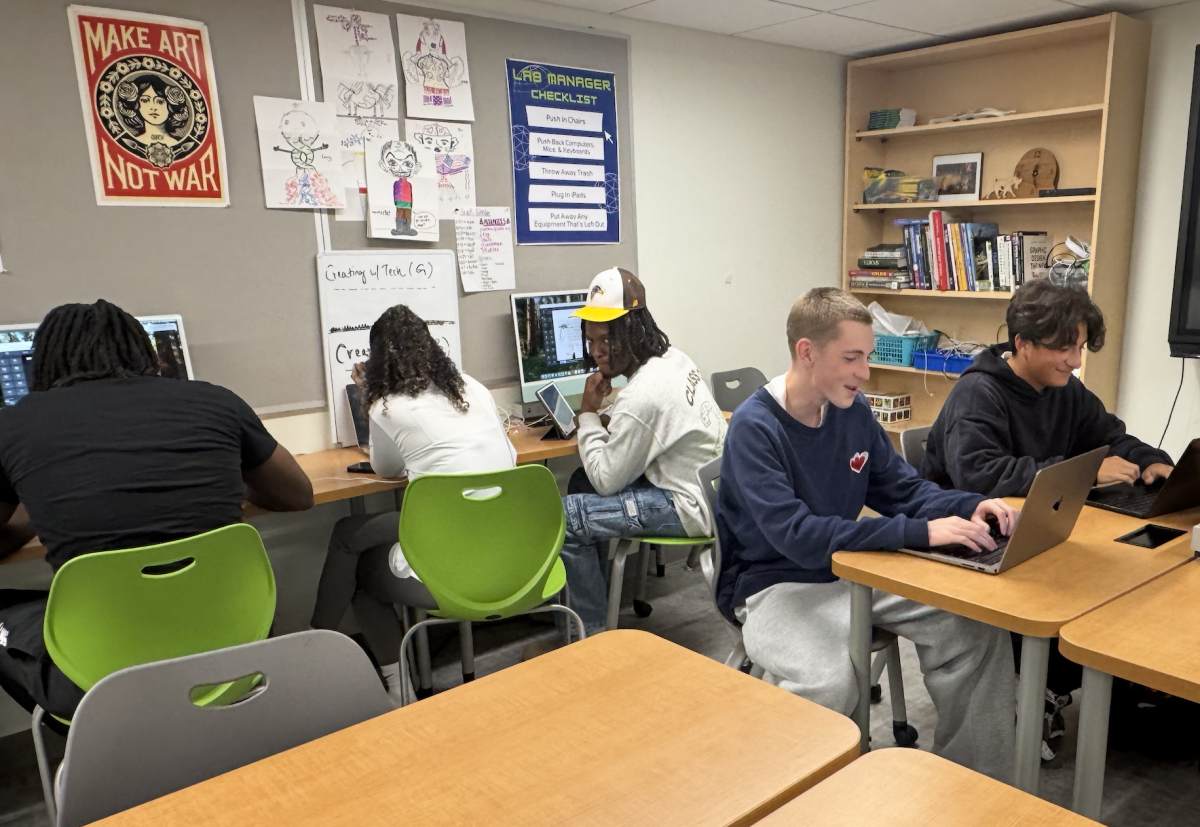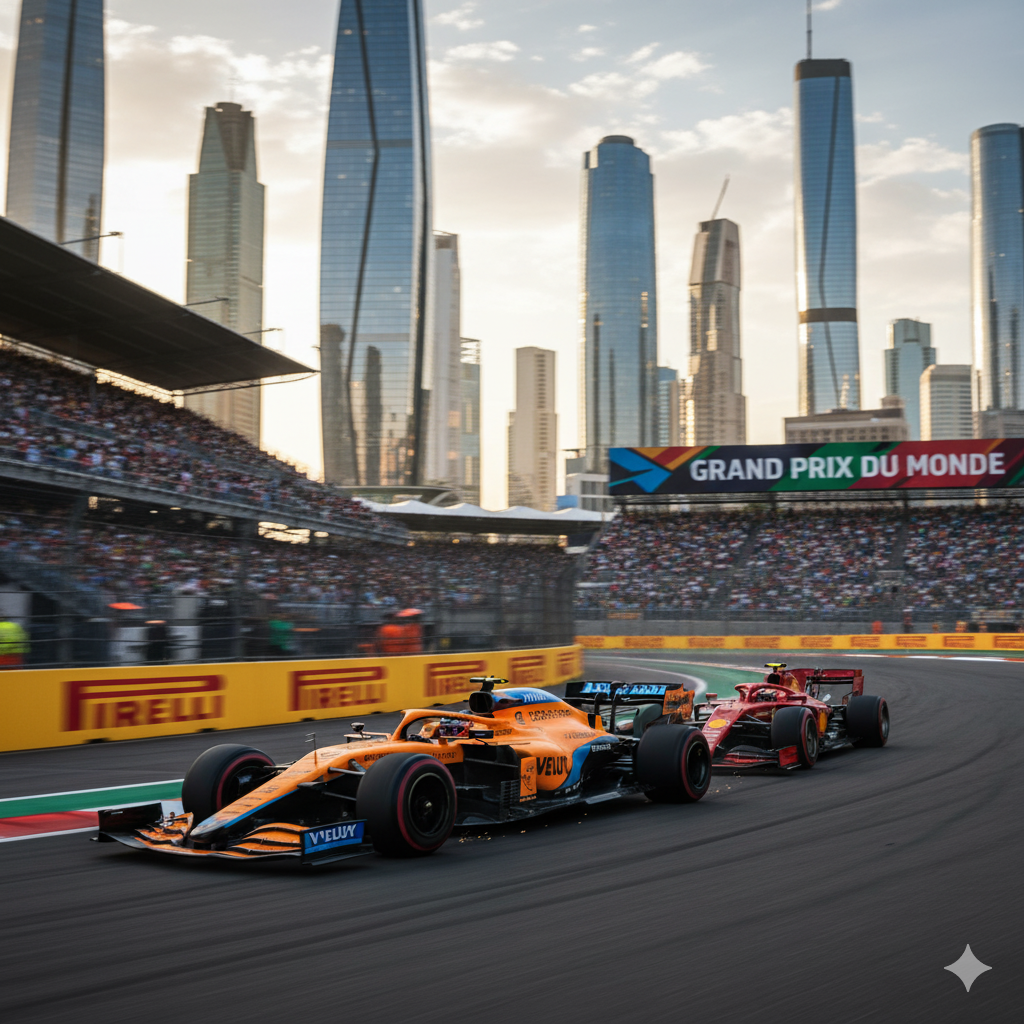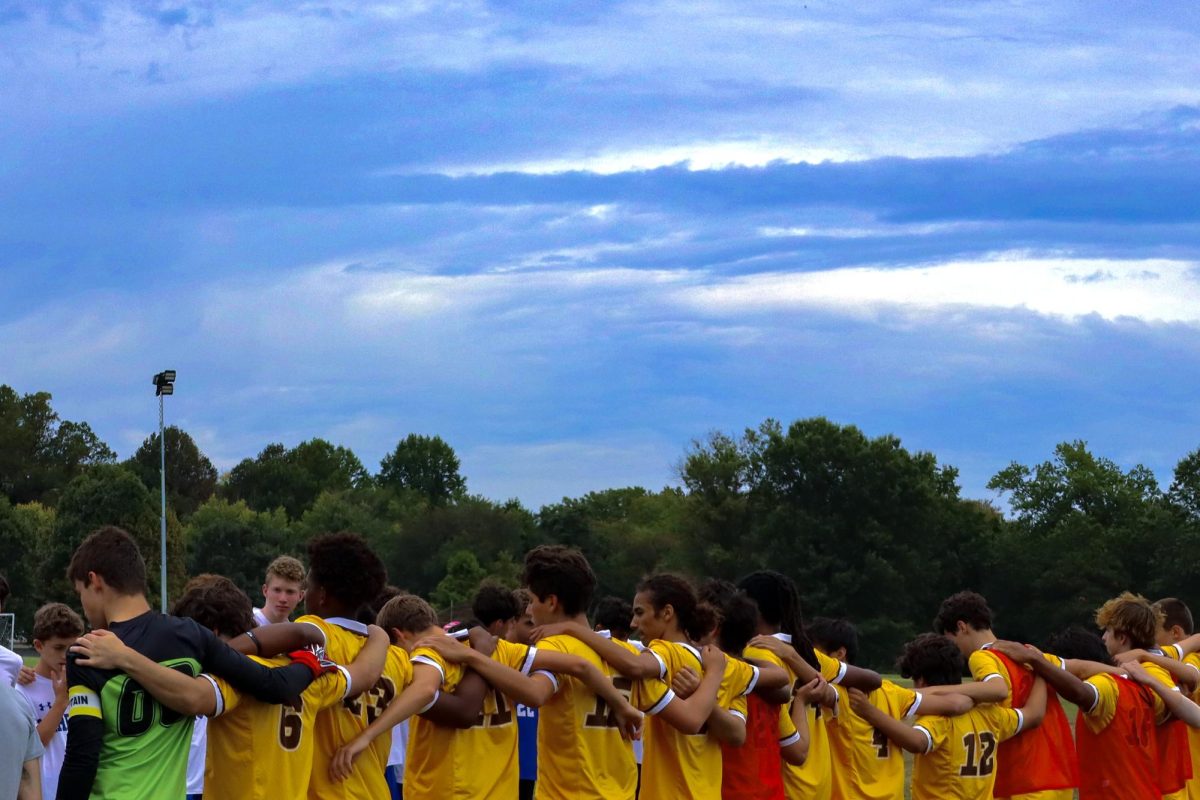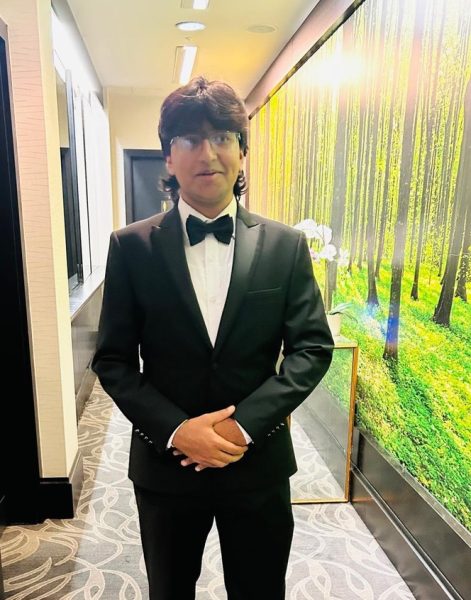This fall, the Friends League implemented a new pilot format for how teams should play, impacting the tennis and soccer teams.
The Friends School League is made up of 9 teams (AFC, FSS, FCS, GFS, ANC, Shipley, Barrack, George School, and Westtown). In the new pilot system, teams are ranked by all the athletic directors at the start of the year and split into Friends and Quaker Leagues. The Friends League is the top 5 teams, and the Quaker League is the bottom 4 teams. The winner of the Quaker Cup gets to go to the Friends League playoffs.
The new system was introduced in 2024 and has now been implemented for the 2025-2026 season. According to Bill Klose, Director of Athletics, “Tennis and boys soccer are the two pilot sports.” This system is being used to gather information, and, at the end of the year, they will use it to decide how they organize the league.
For some players, the change has been refreshing. The new structure has created a sense of urgency and confidence that was missing in previous seasons. With more even matchups, players no longer feel demotivated that they are playing just to lose anyway. “Every game is a winnable game, and that adds to the urgency of it,” says Miles Lesser ‘26, Varsity Boys Soccer Captain. Instead of heading into matches expecting to lose, teams are now more motivated to put in that effort to win, making the season more fun and competitive.
Other players believe that the changes are unnecessary and make the league too easy. “I personally dislike it. I’ve always felt like playing the higher teams was a lot of fun and a great way to practice during the season,” says Maya Dagli, ’26, Varsity Girls’ Tennis captain. “Playing against people who might be a higher level than you, really drives you to play your best.” While balanced games may boost morale and make matchups more equal, some athletes worry that they may not be able to improve due to the lack of competition.
The new system, although intended to create a more equal playing field, creates concern and skepticism among some coaches. With the main focus on the Friends League, high-performing players in the Quaker League risk going unnoticed. Barry Lynch, Varsity Head Soccer Coach, says, “It would make it hard to put our players in a position of being recognized in the league if only a few teams are seeing our players.” This lack of attention also affects the All-League award if both divisions are not given equal attention.































